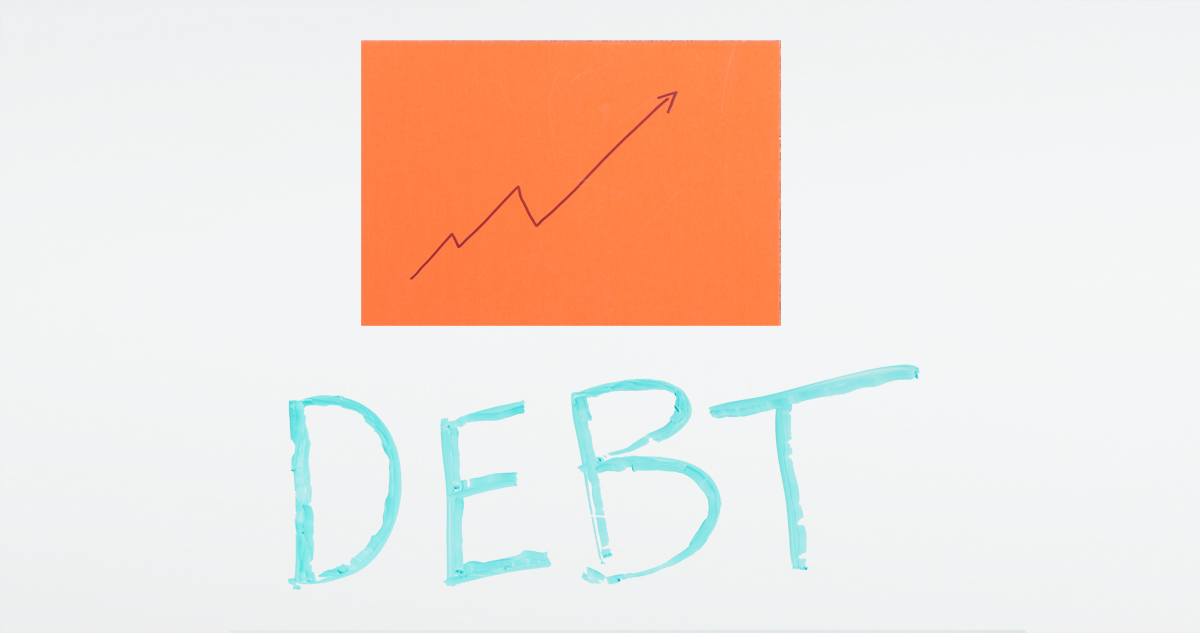Submitted by the Bond & Botes Law Offices - Wednesday, January 15, 2025

In recent months, the number of personal bankruptcy filings has been steadily increasing. With inflation, rising interest rates, and mounting consumer debt, many individuals find themselves struggling to meet their financial obligations. If you’re feeling overwhelmed by debt, you may be wondering when to file for bankruptcy and whether it’s the right option for you. Understanding the warning signs of financial distress and the benefits of bankruptcy can help you make an informed decision.
Signs That Bankruptcy Might Be the Right Choice
-
Mounting Credit Card Debt – If your credit card balances continue to grow despite making minimum payments, you may be trapped in a cycle of high-interest debt that is difficult to escape.
-
Falling Behind on Mortgage or Rent Payments – Struggling to pay for housing can put your home or rental at risk, making bankruptcy a solution to prevent foreclosure.
-
Using Credit Cards for Basic Necessities – When you rely on credit to cover essential expenses like groceries and utilities, it may indicate that your financial situation is unsustainable.
-
Receiving Collection Calls and Lawsuits – If you are receiving debt collection calls, lawsuit threats, or creditor harassment, it may be time to explore bankruptcy as a legal protection.
-
Wage Garnishments or Bank Account Levies – If your wages are being garnished or your bank accounts frozen due to unpaid debts, Chapter 7 or Chapter 13 bankruptcy can provide relief and help you regain control of your finances.
-
Medical Debt Piling Up – Medical bills are one of the leading causes of bankruptcy. If you’re struggling to pay hospital or doctor bills, filing for bankruptcy may offer much-needed relief.
-
Dipping Into Retirement Savings – Using retirement funds to pay off debt can jeopardize your financial future. Bankruptcy may provide a better alternative.
How Bankruptcy Can Help
Bankruptcy can help stop foreclosure, wage garnishments, and creditor harassment while giving individuals a fresh financial start. Here are the two most common types of consumer bankruptcy:
-
Chapter 7 Bankruptcy – This option allows you to eliminate most unsecured debts, such as credit card balances and medical bills, often within a few months. Many filers can keep their assets due to exemptions that protect necessary property.
-
Chapter 13 Bankruptcy – This option enables individuals with regular income to restructure their debts into an affordable repayment plan lasting three to five years. Chapter 13 can help stop foreclosure and allow time to catch up on missed mortgage payments.
Don’t Wait Too Long to Seek Help
Many people wait until they are in severe financial crisis before considering bankruptcy. However, delaying the decision can make things worse. If you are experiencing any of the warning signs of bankruptcy mentioned above, it’s important to speak with an experienced bankruptcy attorney to explore your options. Filing for bankruptcy can stop creditor harassment, foreclosure, and lawsuits.
The Bond & Botes Law Offices offer a free confidential consultation to help you determine if Chapter 7 or Chapter 13 bankruptcy is the best course of action for your financial future.
Take Control of Your Financial Future
Filing for bankruptcy is not a sign of failure—it’s a tool designed to provide relief for those facing overwhelming debt. If you’re struggling financially, don’t wait until it’s too late.
Contact the Bond & Botes Law Offices today to learn how bankruptcy protection can help you stop collections, eliminate debt, and rebuild your credit.

 1-877-581-3396
1-877-581-3396

